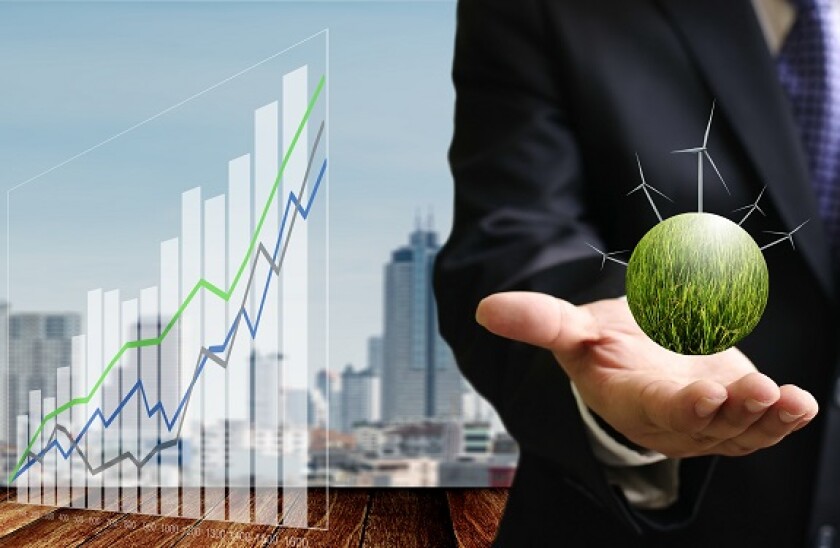Equity investors refocus on ESG after spell of Covid raises

Equity investors are turning their focus away from rescue capital raises and towards other long-term priorities after the initial shock of the Covid-19 outbreak. At the beginning of the year, increased investor scrutiny of environmental, social and governance (ESG) factors was on the tip of all tongues in Europe’s equity capital markets, and it is now featuring heavily in conversations again.
Unlock this article.
The content you are trying to view is exclusive to our subscribers.
To unlock this article:
- ✔ 4,000 annual insights
- ✔ 700+ notes and long-form analyses
- ✔ 4 capital markets databases
- ✔ Daily newsletters across markets and asset classes
- ✔ 2 weekly podcasts
